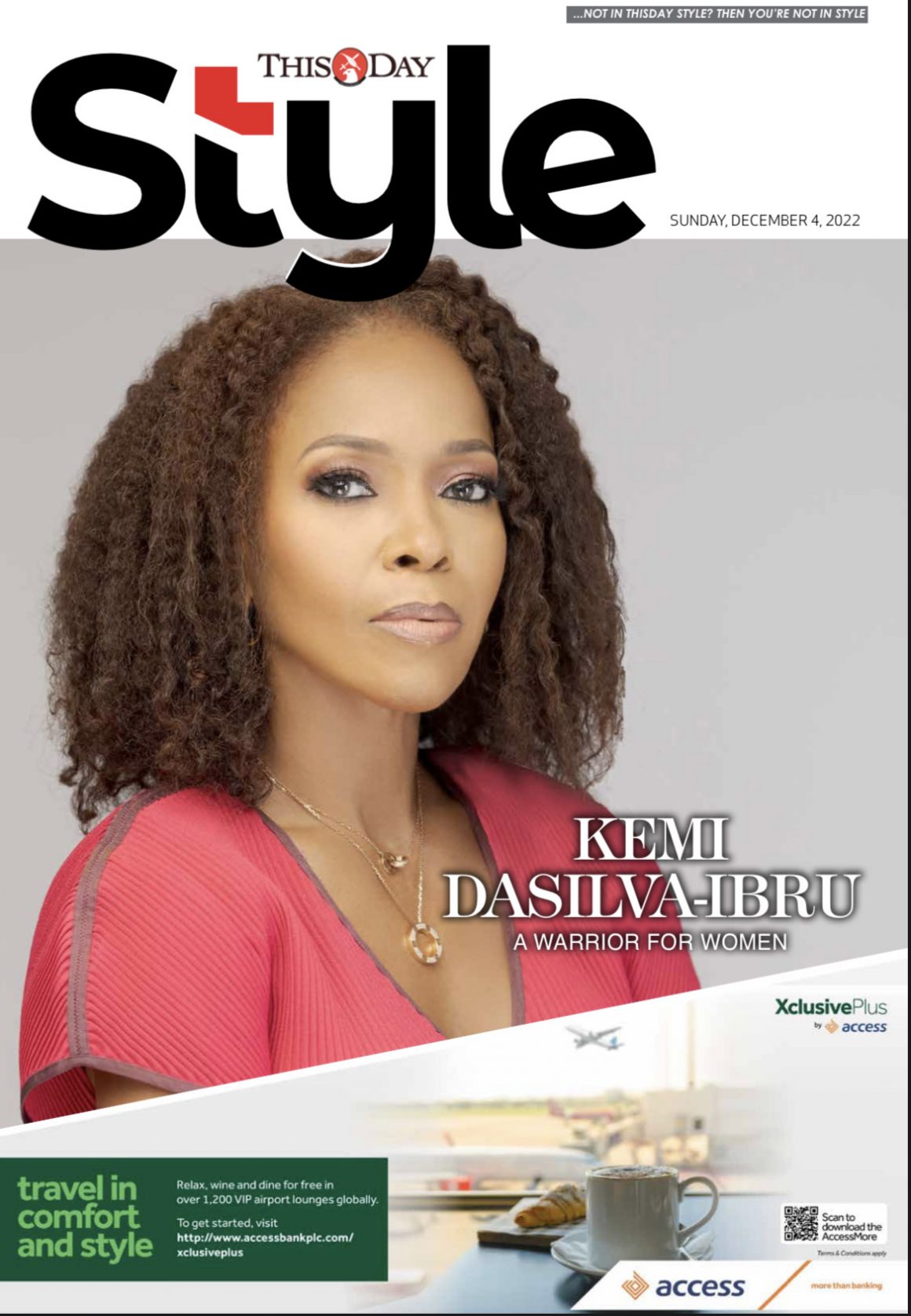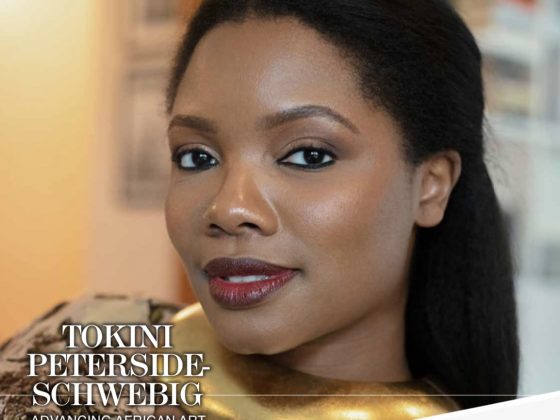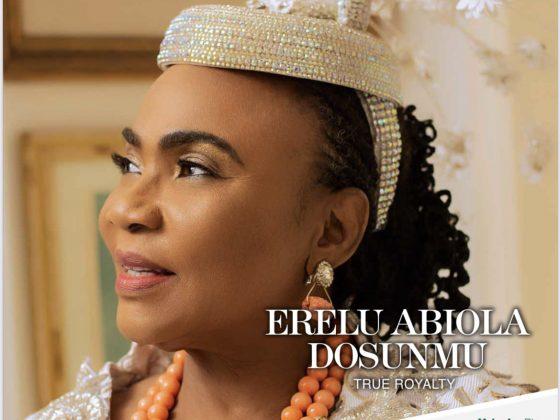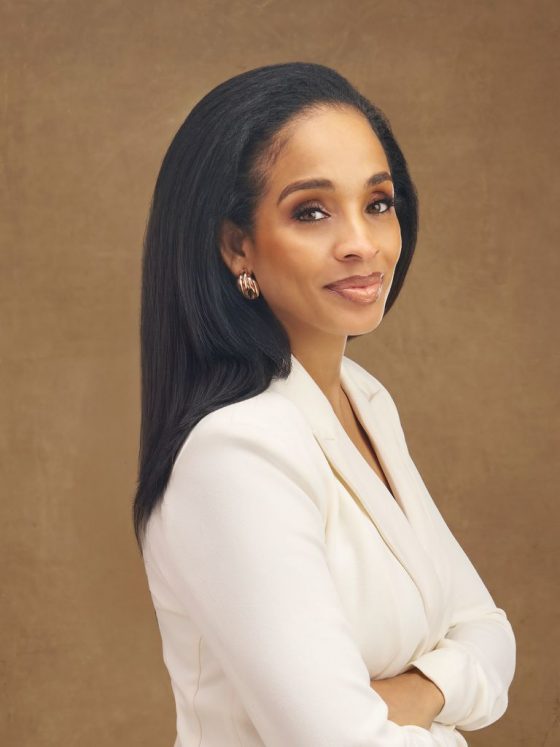When Kemi DaSilva Ibru started WARIF (Women at Risk International Foundation), it was in response to the high incidence of sexual violence, rape and human trafficking among young girls and women across Nigeria. She felt the need to boldly use her voice to stand against these injustices and fight towards creating a more equal and just world where women felt safe. Six years later, she has done that and more, becoming a trailblazer and leading figure for women’s rights in the fight against sexual harassment and gender-based violence.
Today, she speaks to Konye Chelsea Nwabogor, sharing insights into WARIF’S journey so far, the devastating collective impact of gender-based violence, and the ongoing 16 Days of Activism against Gender-Based Violence.
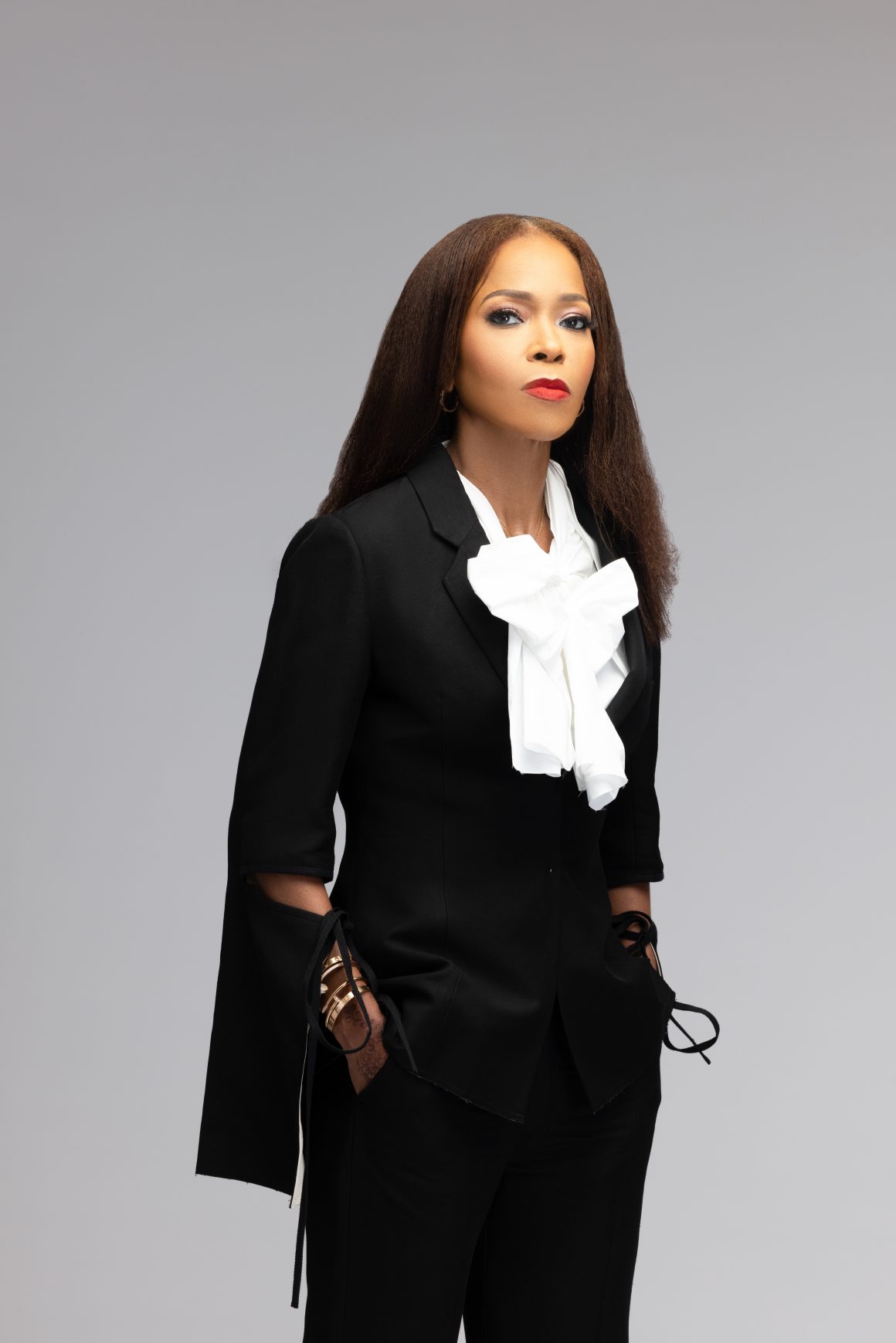
What is special about having this interview with you at this time is that you are one of those whom I recognise as being very passionate about issues surrounding violence against women. How did you get started, and what did you set out to achieve when you launched WARIF?
As a specialist obstetrician, gynaecologist, and public health physician for over 20 years, my patient population is strictly women and girls. I have worked on three continents over this period and have witnessed first-hand the atrocities perpetrated against girls and women, many of whom I have had to attend to. With the alarming statistics of 1 in 3 women being survivors of sexual violence globally and 1 in 4 before the age of 18 in Nigeria, it became very clear and apparent that many women and girls are mistreated and marginalised in countries across the world. The prevalence of gender-based violence across communities I worked in was pervasive, with significant adverse health and social impact on the girls and women who resided there. I found this unacceptable, and I was determined to do all I could to change this narrative.
A gap was also evident with the inadequate availability of much-needed services within the health care system and the judicial system to protect survivors and encourage them to seek justice against their perpetrators. There was a need for a survivor-centred framework that was fully holistic with improved and more readily available essential services to tackle the issue successfully. The Women at Risk International Foundation, WARIF, is a non-profit organisation that was established in 2016 to address this high incidence in Nigeria and fill that gap.
We have achieved measured success and have become recognised as one of the foremost anti-sexual violence organisations in Nigeria today through the successful design and implementation of a three-pillared strategy, referred to as the “WARIF Approach”. In Health, this is through the provision of free post-incident care at the WARIF Rape Crisis Centre – medical care, psychosocial support to survivors of rape and sexual violence, as well as social welfare services are offered. We also embark on impactful initiatives through community service engagements in rural areas and educational programs for adolescent girls and boys. We have also made available the first online classroom on the prevention of campus sexual violence in tertiary institutions in Nigeria.
I believe that part of the problem is that violence against women and girls feels insurmountable; it’s almost as if we’ve become desensitised to it. What are its root causes?
Society plays a significant role in the prevalence of gender-based violence and the desensitisation and rape culture that ensues. This is partly due to the patriarchy and subjugation of women that play out in the country and the cultural norms practised across all six geopolitical zones that encourage violence against women and girls, with survivors shamed and blamed in a culture of silence and stigmatisation. These negative practices contribute to the desensitisation that becomes apparent with women and young girls socialised in environments of abuse from a very young age. The perpetuation of these various forms of abuse continues by perpetrators with impunity and without any accountability, moving from one generation to the next.
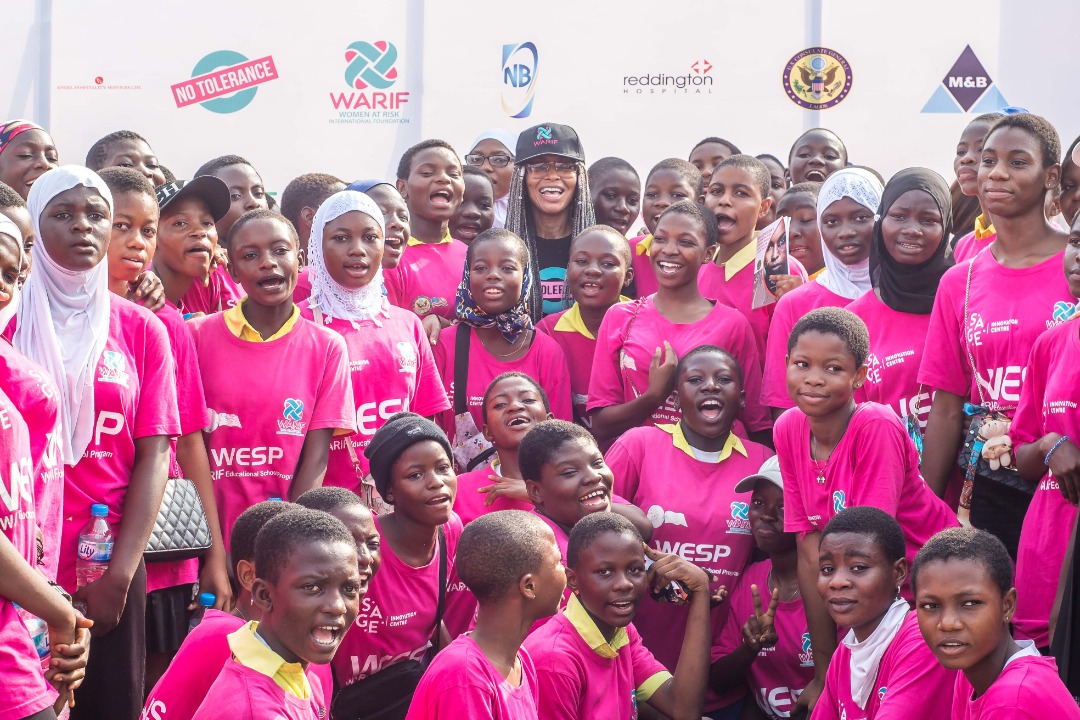
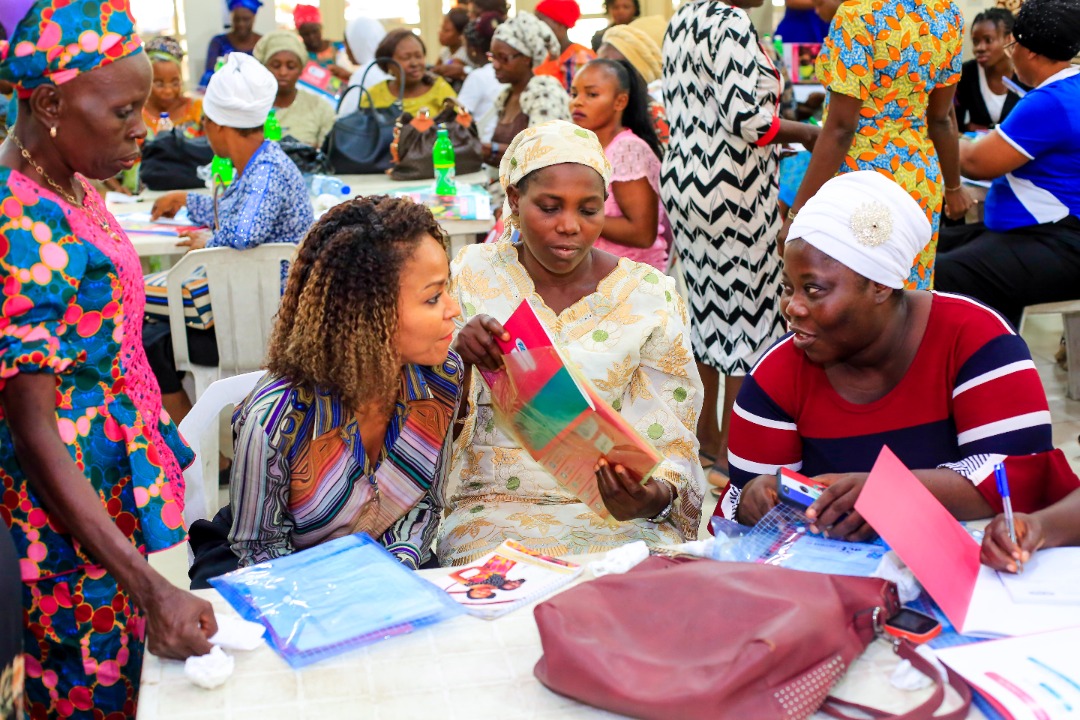
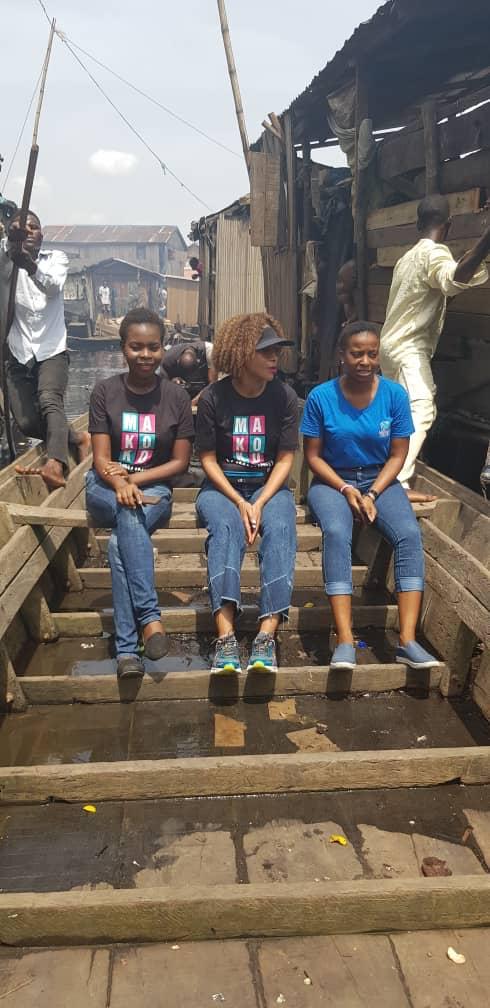
What are the most common forms of gender-based violence in Nigeria?
Statistically, based on the data collected and analysed by the WARIF organisation and confirmed by national and global data, adolescent girls are the most vulnerable age group exposed to forms of violence. The forms of violence are typically multiple and varied from child sexual abuse at a much younger age – the youngest attended to at the WARIF Rape Crisis Centre is 12 months- to early forced child marriages, rape, sexual assault, and harassment in schools and her community as well as physical acts of violence such as domestic violence, female genital mutilation, and femicide.
Let’s talk about women in rural areas. How does WARIF get across to them, and what are their biggest challenges regarding these issues?
54% of the population of Nigeria resides in rural areas, so a larger proportion of young girls and women are at risk in these communities. Recognising this, at WARIF, community-based programs are implemented to successfully tackle the issue of rape and sexual violence in these grassroots communities. A major obstacle, however, is the trust issues that many of these close-knit communities have, especially from ‘outside’ help and assistance. The Gatekeeper’s project is a community-based project that was launched in 2017 and was designed to tackle this obstacle by identifying resident community stakeholders who hold key roles and spheres of influence and who can raise awareness, change the narrative and prevent cases of abuse.
The primary Gatekeeper in the program is the Traditional Birth Attendant-informally educated healthcare providers that WARIF has now trained as first responders to cases of rape and sexual violence in their communities. In the first year, 200 cases were referred to the WARIF Rape Crisis Centre from grassroots areas by these gatekeepers. Our secondary gatekeepers are law enforcement officers who have been engaged in workshops for gender sensitisation and referral protocols. Over 900 police officers in Lagos alone have participated. The tertiary Gatekeeper is the recently recruited religious and traditional leaders who already mediate many cases of gender-based violence and are not engaged in workshops held by WARIF.
Our WARIF Empowerment Program is the second initiative that was recently implemented- this has successfully tackled the economic constraints felt by many survivors forcing them to remain in abusive environments. It offers basic financial literacy skills, vocational skill workshops with the opportunity for apprenticeships, and start-up kits for those with an entrepreneurial drive. The program’s impact is seen in the economic and social empowerment of the women who participated and are now making transformational decisions with a positive ripple effect on their families and community.
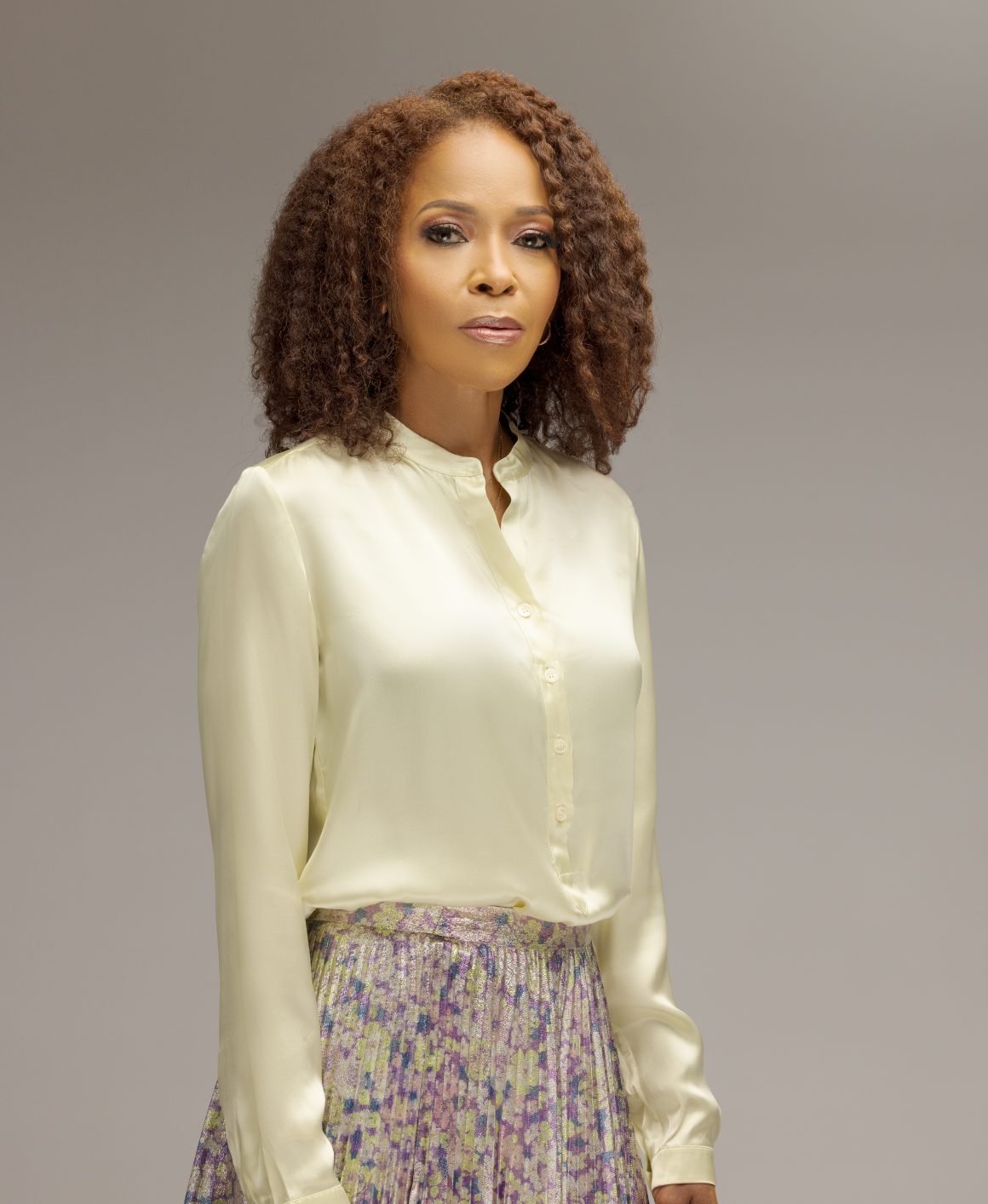
Has WARIF had any luck in reaching out to secondary and tertiary school students on the prevention of sexual violence and abuse?
School-related programs under our Education Pillar have been designed and implemented as a preventative measure, both in secondary and tertiary institutions and have been very successful. The WARIF Educational School Program aims to empower adolescent school girls and provide much-needed knowledge on the appropriate response and prevention of sexual violence. Almost 4000 girls have participated from across the country. The boys’ equivalent program – the Boys Conversation Café Program, has mentored 2000 adolescent schoolboys on the appropriate equitable behaviour towards young girls and women. In tertiary institutions, almost 10,000 students from over 106 universities have been through the first-ever online Prevention of Campus Sexual Violence Program in Nigeria.
It has been said that men must be more proactive in light of sexual violence against women. How important do you think it is for men to campaign just as actively as women?
The involvement of men and boys in successfully tackling gender-based violence is imperative. They are helping to break the cycle of violence against women by being protectors, not perpetrators. With the prevalent stereotypes and biases in many of our communities, women are subjugated and not allowed to speak out. Men are considered the head of the household in many of these communities and speak on behalf of their spouses and partners. In these traditional settings, men often listen only to other men in making decisions that affect both genders. A male advocate or ally plays a vital role in speaking up for the women and girls in their families and communities. They can also mentor boys by being good role models – helping to protect and empower girls and women and raising boys to be better men who respect and protect all women.
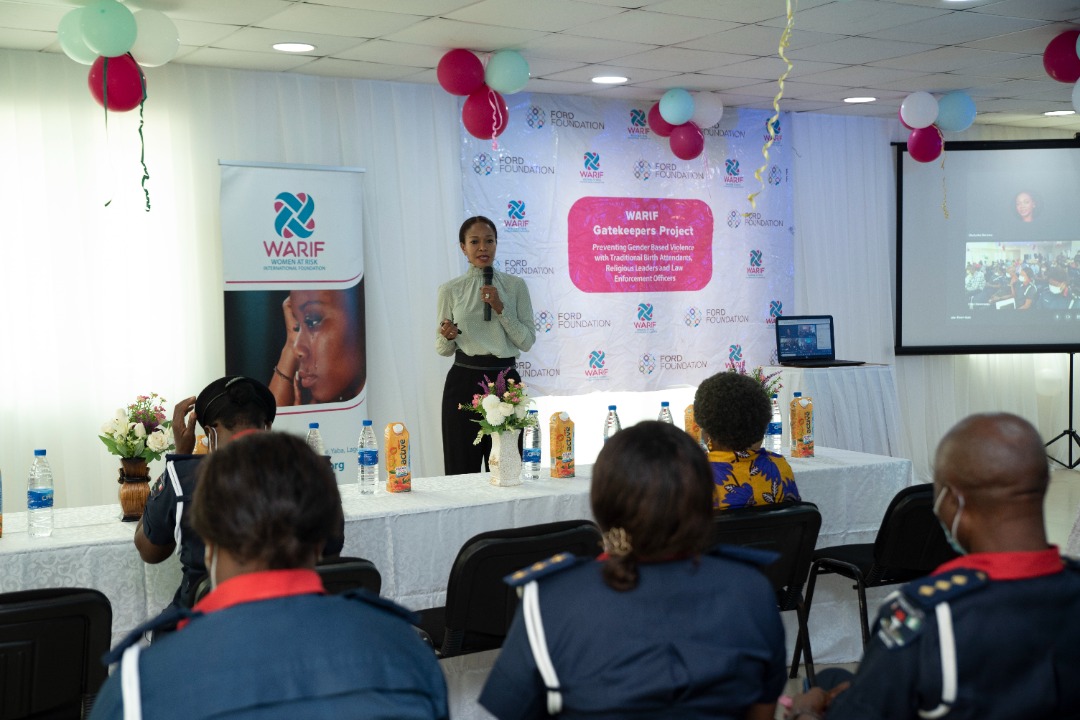
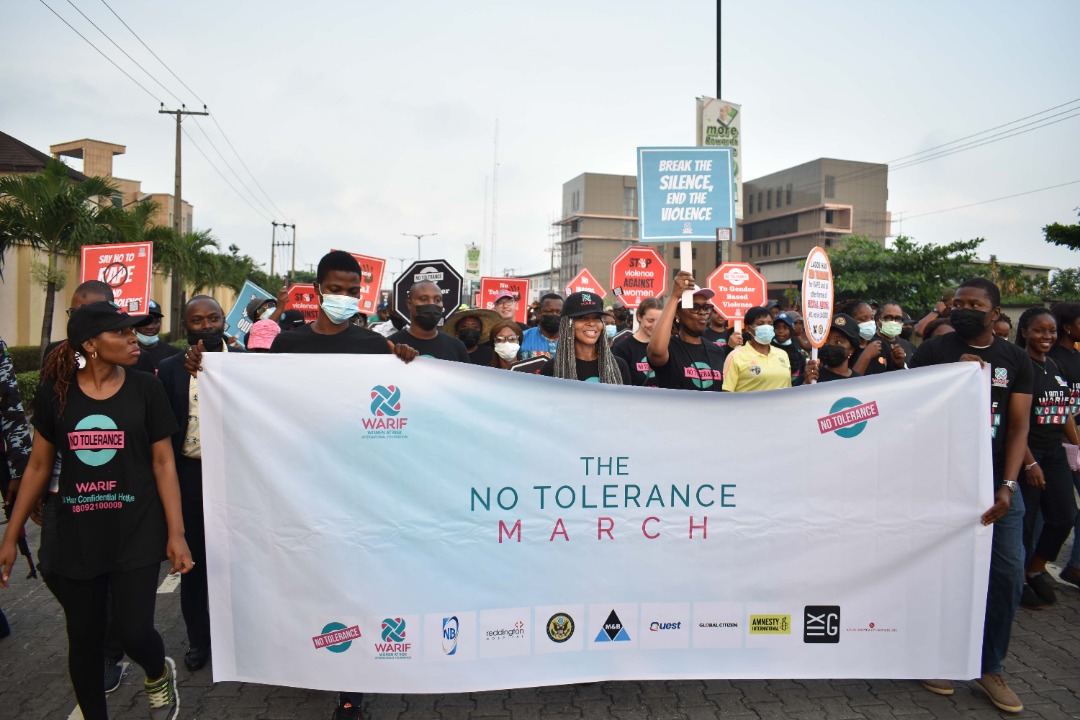
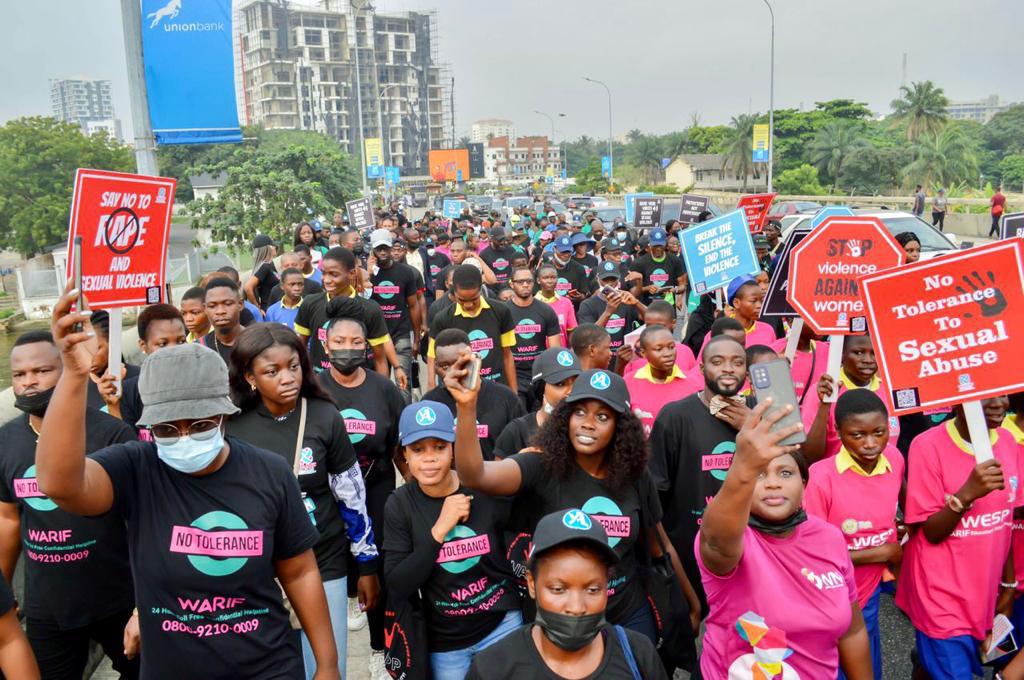
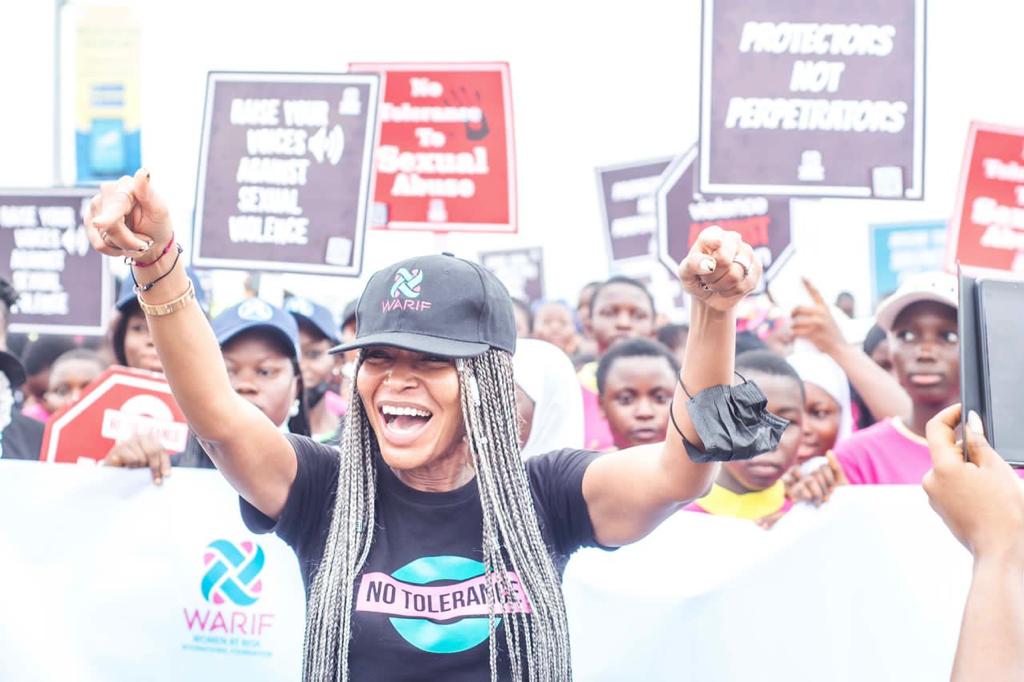
Would you say we are winning the battle against gender-based violence? Has the situation improved in the time this has been a focus for you?
The concept of GBV is a global one that affects 1 in 3 women in her lifetime. In a country like Nigeria, 49.2 % are women, with 60% under 24. 25% of the population will experience at least one violent sexual encounter.
We are also a very patriarchal country where the subjugation of women and the accompanying socio-cultural practices encourage violence against women and girls. On the Gender Equality Index, we are 118 out of 134 countries, and it is said that at our present rate of change, it will take over 136 years to achieve gender parity. So no, I am afraid we are not winning the great war against gender-based violence, but we are seeing more and more battles being won now compared to previous years.
What’s the 16 Days of Activism against Gender-Based Violence about, and how can people join the cause? Do you feel this campaign holds any significance and relevance in today’s society?
The 16 Days of Activism is a globally recognised annual campaign that starts on November 25, the International Day for the Elimination of Violence against Women, until International Human Rights Day on December 10. The campaign is supported by the United Nations and encourages everyone, including all civil society organisations, non-governmental organisations, and individuals from the private and public sectors over this period, to get involved in issues addressing violence against women and girls. Each year a theme is announced, and this year the theme was UNITE! Activism to end violence against women & girls! To raise awareness against Gender-based Violence, you can join in protecting women’s rights, amplifying the work being carried out in support of this, creating platforms and empowering survivors to speak out.
At WARIF, to commemorate the 16 Days of Activism, the 2022 ‘WARIF No Tolerance March’ was held for the fourth consecutive year. WARIF has led this campaign annually on the first Saturday of December to advocate for zero tolerance to rape and sexual and gender-based violence. The No Tolerance Campaign raises awareness by bringing together individuals, organisations, and public figures to lend their voices in the fight against sexual and gender-based violence through marches in different cities worldwide. Last year, it was held in five cities across five continents – Lagos, New York, London, Sydney, and Bangkok; with over 1,500 men and women participating in Lagos alone. This year we have added two additional cities – Abuja and Cape Town.
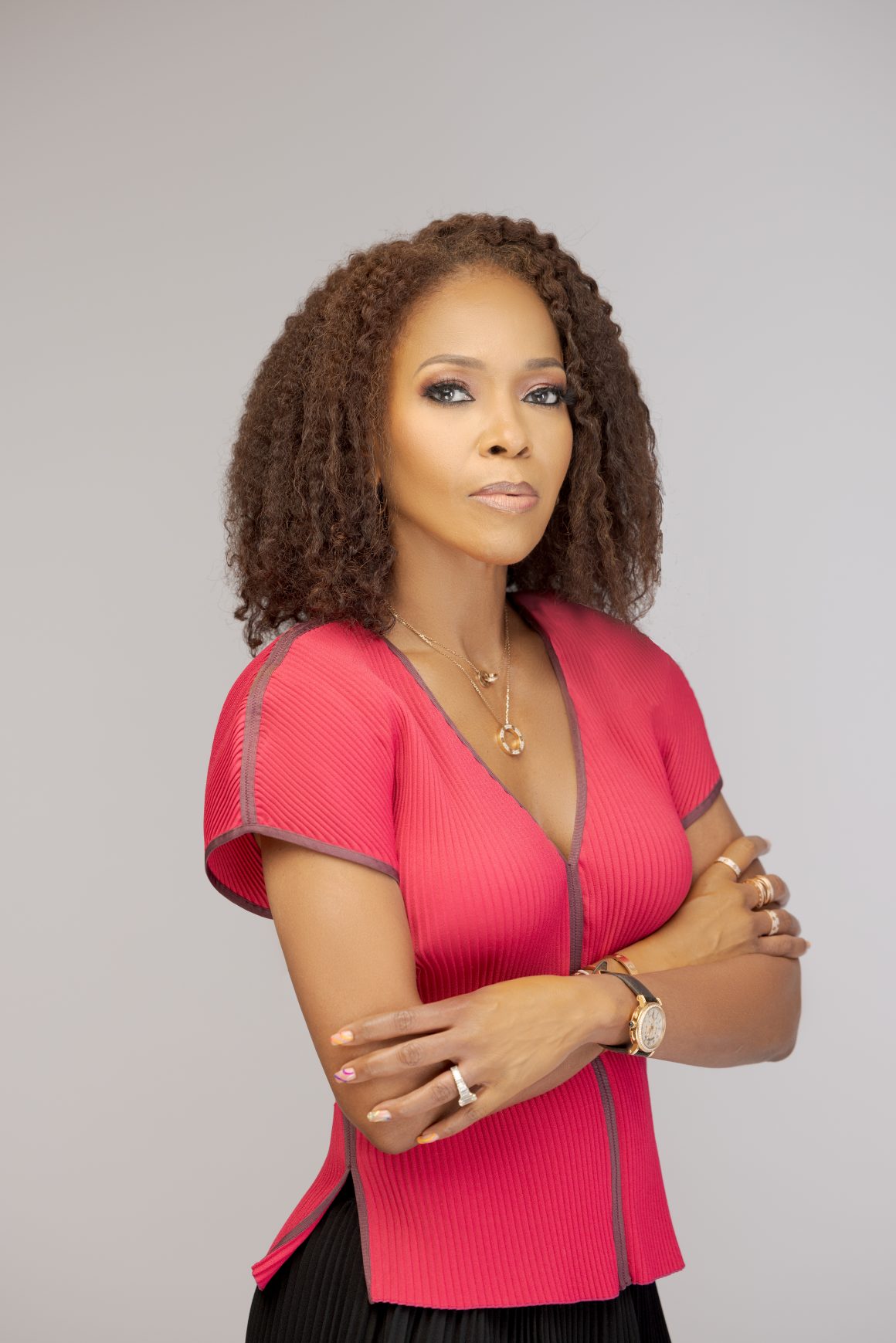
On a personal note, you are constantly surrounded by these very depressing experiences? How do you stay detached and protect your mental health?
You could say that I am surrounded by the daily horrors that women and girls are forced to endure in at-risk environments. However, I choose to see it as being surrounded by the transformational change in the lives of the many disenfranchised women and children who may not ordinarily have access to this essential care. I feel privileged to be able to offer my medical background through the organisation WARIF.
The women and girls who visit the Centre are reassured about their safety, and with the proper medical attention and counselling, the healing process begins, and it is a joy to behold. Women are taking back their power, and girls are owning their spaces and becoming empowered. They return each month with new confidence to the group sessions and share their stories with others, encouraging each other. We have even had a few join us as volunteers, and some are becoming full-time advocates against Gender-Based Violence. I don’t detach myself from this, but rather, I embrace this responsibility, and I am galvanised by it, ensuring one does more and leaves no one behind.
What needs to be done to make sexual violence a less prevalent topic in Nigeria?
At our present rate of change, it will take nearly a century to achieve gender parity. For us to change this narrative and build a world with the eradication of violence against women and girls, this would entail an all-inclusive and collaborative effort by all global leaders, ensuring gender parity is present and enforcing this across the educational, health, political and economic sectors.
In Nigeria, it would also mean recognising the patriarchy that exists, identifying the negative socio-cultural practices and setting priorities to tackle their peculiarities and context, offering safe platforms for survivors to speak their truth without fear of reappraisals and community survivor shaming and including men and boys in the conversations. It would mean accountability against these acts of violence with increased prosecution rates against offenders, improved laws and policies that protect women and girls, and successful implementation by law enforcement.
As every girl and woman deserves to live in a society free of gender-based violence, we must treat each other with dignity and respect and offer equal opportunities to all. We must start with a collective responsibility and attitude of leaving no one behind in smaller ecosystems like families, schools, churches, and larger environs.
Where do you see WARIF in the next five years?
WARIF, in the last five years since its inception, has built a foundation with a well-established framework and a strong monitoring and evaluation component to chart its measured impact. We have achieved this through the intervention of post-incident care and services to all in need and the intentional implementation of preventative measurable initiatives under our education and community service pillars.
Over the next five years, we intend to continue to champion the cause of ending violence against women and girls by scaling up these initiatives through partnerships and collaborations and expanding and ensuring these programs are implemented in all states in the six geopolitical regions of the country. In our annual ‘No Tolerance March’ we also intend to expand the campaign and increase the number of cities on each continent, calling on all to stand with WARIF as we ensure a world free of rape and other forms of violence against women.
How can women in need of WARIF’s support get across to you?
WARIF offers a fully holistic survivor-centred service at the WARIF Rape Crisis Centre. Located in the epicentre of Lagos at 6 Turton St, off Thorburn Avenue, Yaba, Lagos – this is a secure and safe haven with full-time qualified medical personnel, and it is open six days a week, including public holidays, and all services are free.
Toll-free number: 24-hour confidential assistance on 0800-9210-0009
Email: info@warifng.org
Social media platforms @warif_ng
Website ; www.warifng.org

